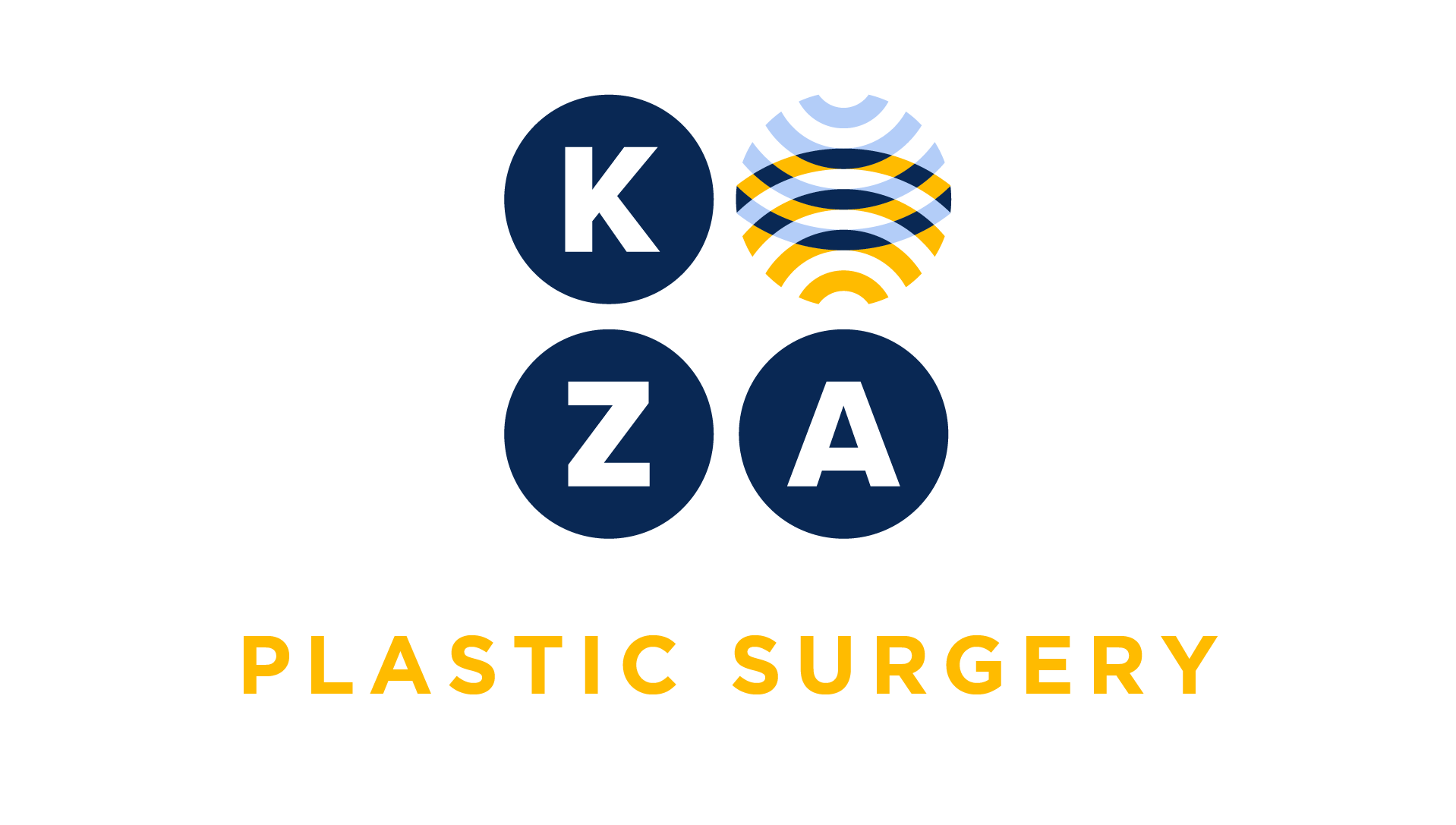
Choose your specialty from the list below to see how our experts have tackled a wide range of client questions.
Looking for something specific? Utilize our search feature by typing in a key word!
E/M Visit During the Global Period
Can I bill an office visit in the global period if the diagnosis is different from why I did the original procedure?
Question:
Can I bill an office visit in the global period if the diagnosis is different from why I did the original procedure?
Answer:
Yes, as long as the diagnosis is not for a related issue (e.g., complication from the original procedure). The documentation must be clear that the condition is unrelated to the original procedure and reflect a clear plan of treatment for the new/unrelated issue. You will then append modifier 24 (unrelated E/M in a global period) to the E/M code.
2021 Evaluation and Management Codes: Is a History Required?
My coder just told me about the new guidelines for 2021 office visit codes. She said I no longer have to document a History. This doesn’t seem right to me.
Question:
My coder just told me about the new guidelines for 2021 office visit codes. She said I no longer have to document a History. This doesn’t seem right to me.
Answer:
You are wise to ask because that’s not exactly true. It is correct that the History will no longer be used to select a new patient (9920x) or established patient (9921x) visit code. However, it is expected that you will document a “medically appropriate” (per CPT™ history for each encounter.
Modifiers on Unlisted Codes. Yes or No?
Can I use modifiers on an unlisted code? What about global period modifiers such as 58, 78 or 79? It seems reasonable to append those modifiers to the unlisted code.
Question:
Can I use modifiers on an unlisted code? What about global period modifiers such as 58, 78 or 79? It seems reasonable to append those modifiers to the unlisted code.
Answer:
There is not a single right answer to this question. CPT said, in an old CPT Assistant, that generally modifiers are not appended to an unlisted code.
Payors have their own rules. For example, some payors will accept modifier 62 (two surgeons/co-surgery) on an unlisted code such as 64999 while other payors do not.
We would not append modifier 50 (bilateral procedure) to an unlisted code. Your base, or comparison code, should reflect modifier 50 and the associated increase in fee. The same is true for modifier 22.
We also would not append modifier 51 (multiple procedures) to an unlisted code. Let the payor take the discount.
Coding for Wound Surgical Preparation
When billing for the muscle flap codes 15733, 15731 etc., can we also code for the surgeon’s cleaning and prepping by debridement before closing the wound with a facial flap?
Question:
When billing for the muscle flap codes 15733, 15731 etc., can we also code for the surgeon’s cleaning and prepping by debridement before closing the wound with a facial flap?
Answer:
Yes, the surgical prep codes (15002-15005) may be reported with those flap codes as long as the surgical prep service is provided, documented and medically necessary. CPT calls this “surgical preparation” not “debridement.”
Craniosynostosis Co-surgery Question
We have a new plastic surgeon who will start doing craniosynostosis surgery with a pediatric neurosurgeon. Will this be co-surgery using modifier 62?
Question:
We have a new plastic surgeon who will start doing craniosynostosis surgery with a pediatric neurosurgeon. Will this be co-surgery using modifier 62?
Answer:
Potentially yes. It will depend on which surgeon does what part of the procedure. All the craniosynostosis codes (61550 – 61559) accept modifier 62 so if both the plastic surgeon and neurosurgeon do different parts of that CPT code then modifier 62 would be appropriate. If the plastic surgeon does other work such as orbital advancement then the plastic surgeon may separately report that code(s) which might not be co-surgery. It’s going to all depend on the documentation.
E/M Visit During the Global Period
Can I bill an office visit in the global period if the diagnosis is different from why I did the original procedure?
Question:
Can I bill an office visit in the global period if the diagnosis is different from why I did the original procedure?
Answer:
Yes, as long as the diagnosis is not for a related issue (e.g., complication from the original procedure). The documentation must be clear that the condition is unrelated to the original procedure and reflect a clear plan of treatment for the new/unrelated issue. You will then append modifier 24 (unrelated E/M in a global period) to the E/M code.

